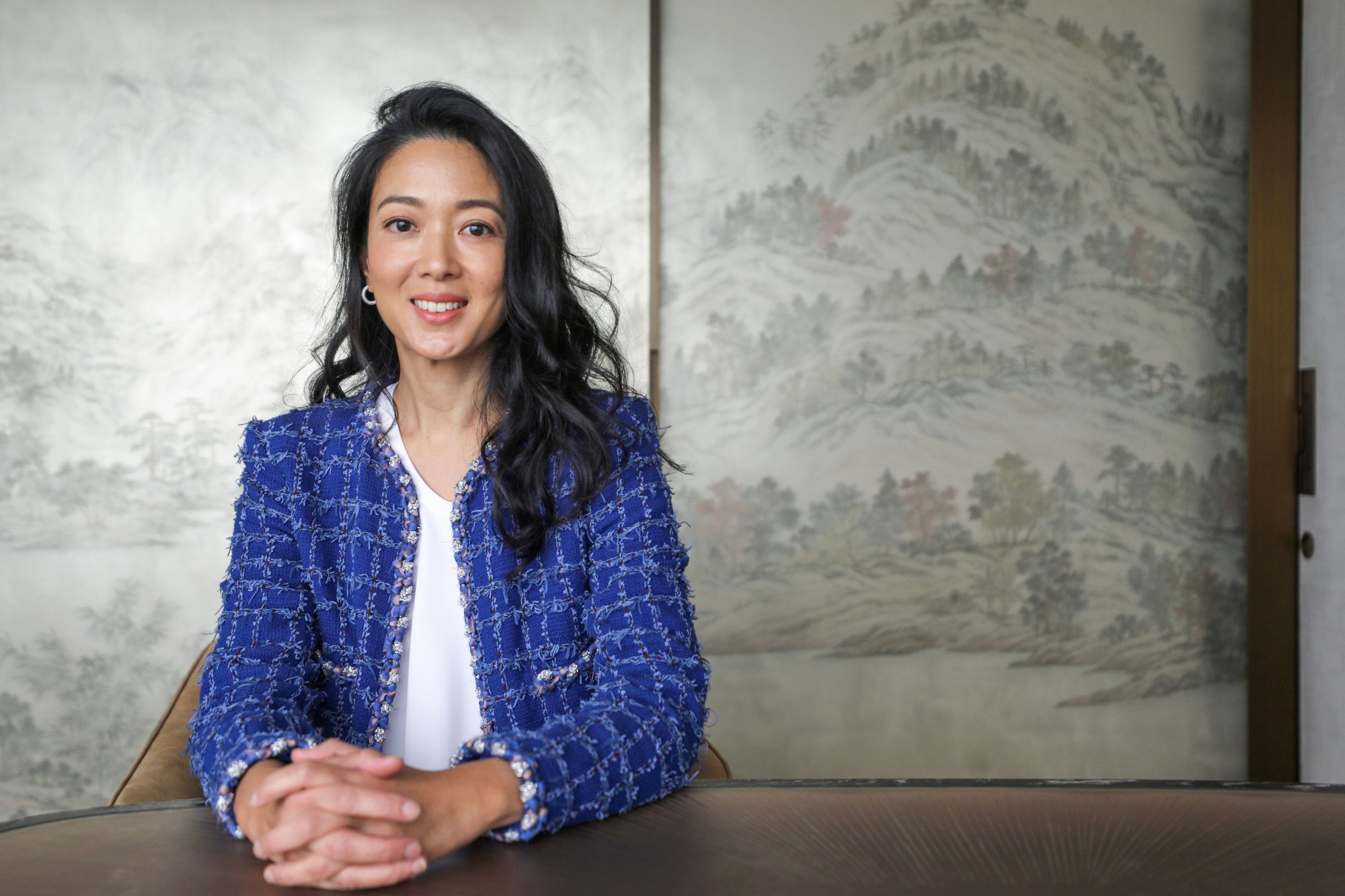
Exclusive | Shangri-La poised to benefit from the Middle East’s economic rebound after decades-long expansion spree
- The strong demand for high-quality hospitality in the Middle East, coupled with the positive business momentum, to drive Shangri-La’s performance
- The Middle East’s economic initiatives, such as Saudi Arabia’s so-called Vision 2030, are creating new prospects in the hospitality market
Shangri-La Asia, an Asia-centric hotel group which has been expanding its presence in the Middle East market for two decades, is now set to reap rewards from its strategic positioning by riding the region’s economic growth while exploring new business opportunities.
The strong demand for high-quality hospitality in the Middle East, coupled with the positive business momentum, is driving the group’s interest in further expansion, according to the chairman Kuok Hui Kwong.
“We’re seeing good business momentum in the Middle East. Occupancy rates and average daily rates (ADR) at our hotels there are generally back on par and even surpassing pre-Covid levels,” Kuok said in an interview with the Post.
In its latest published earnings, the group recorded a strong rebound in half-yearly revenues and profits, both of which exceeded market expectations.

Earlier this year, HSBC analysts said in a report the Middle East’s tourism sector had recorded the strongest post-pandemic rebound in the world.
“The Middle East saw the strongest performance – as the only region exceeding 2019 arrivals – followed by Europe, which has reached 90% of pre-pandemic visitor numbers,” they said in a report.
Hong Kong’s Island Shangri-La hotel debuts new wellness centre
“With mainland China’s restrictions being lifted, we expect a continued rise in Chinese tourists – the largest market for outbound tourists.”
Shangri-La entered the Saudi Arabian market last year with the opening of the Shangri-La Jeddah which also marked its fifth property in the Middle East. Kuok said the strong performance of the hotel in Jeddah has helped establish the group’s brand in the Kingdom.
The group remains optimistic about the future and is “constantly exploring opportunities to do more in the region”.
Research conducted by global independent real estate consultants Knight Frank revealed that the Middle East was the first region worldwide to achieve complete business recovery after the pandemic.
The region currently has hospitality and residential projects worth US$1.9 trillion under development, with Saudi Arabia, the United Arab Emirates, and Egypt drawing 90 per cent (US$1.7 trillion) of the total investments. Saudi Arabia, with US$1.2 trillion worth of projects in the pipeline, was the top investment destination in the region.
The Middle East, which aims to attract 160 million annual tourists by 2030, has triggered a race in the hospitality sector to develop hotel rooms and tourist facilities, to meet the shortfall.
With five hotels across Middle Eastern countries, including Dubai, Muscat, and Abu Dhabi, Shangri-La aims to leverage its brand recognition, particularly among Asian travellers, according to Kuok.
She said the group’s commitment is to provide Asian hospitality and promote cultural exchange. As an example, she cited the launch of Shang Palace, an initiative to introduce premium Chinese cuisine to markets outside China.
“We believe China fits right into this new economic growth model,” said Invesco analysts in a note earlier this year. “The country is developing stronger ties with the Middle East region on the back of a few building blocks: trading partnerships and cooperation in areas such as energy, finance, infrastructure, the Digital Silk Road, clean energy, and tourism.”
Inspired by her father, Kuok views hospitality as a means of fostering mutual understanding and appreciation across different cultures.
The group endeavours to provide guests with the best of Asian hospitality and to connect them with experiences from Asian culture. “In this way, we hope to play our small part in bridging cultures and draw more guests from the Middle East back to Asia as well,” she said.
As an illustration, Kuok said that their hotel in Muscat, Oman, has a dedicated cultural ambassador who serves as a trained frankincense sommelier, providing guided tours that introduce guests to this unique Omani ingredient.

